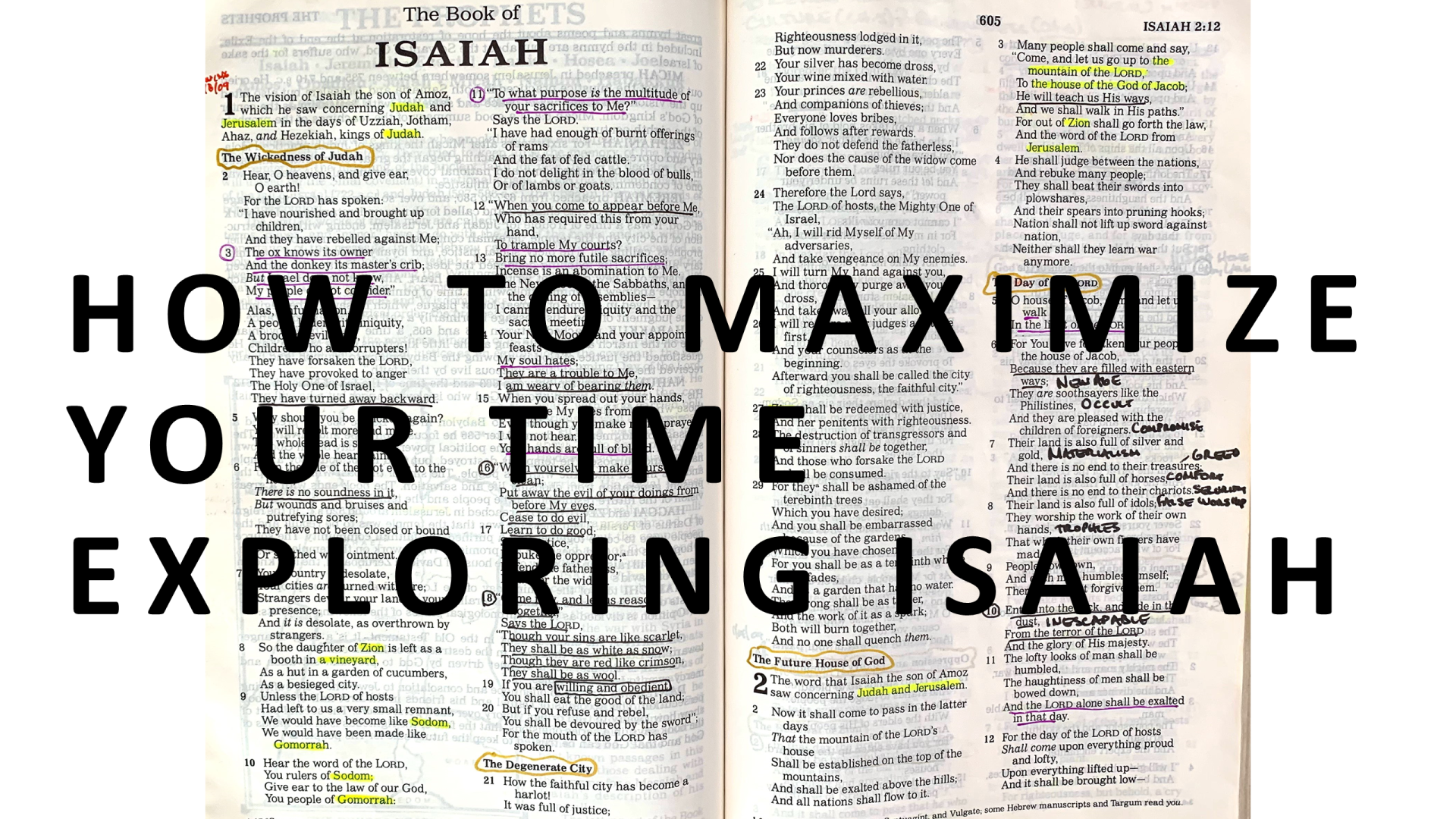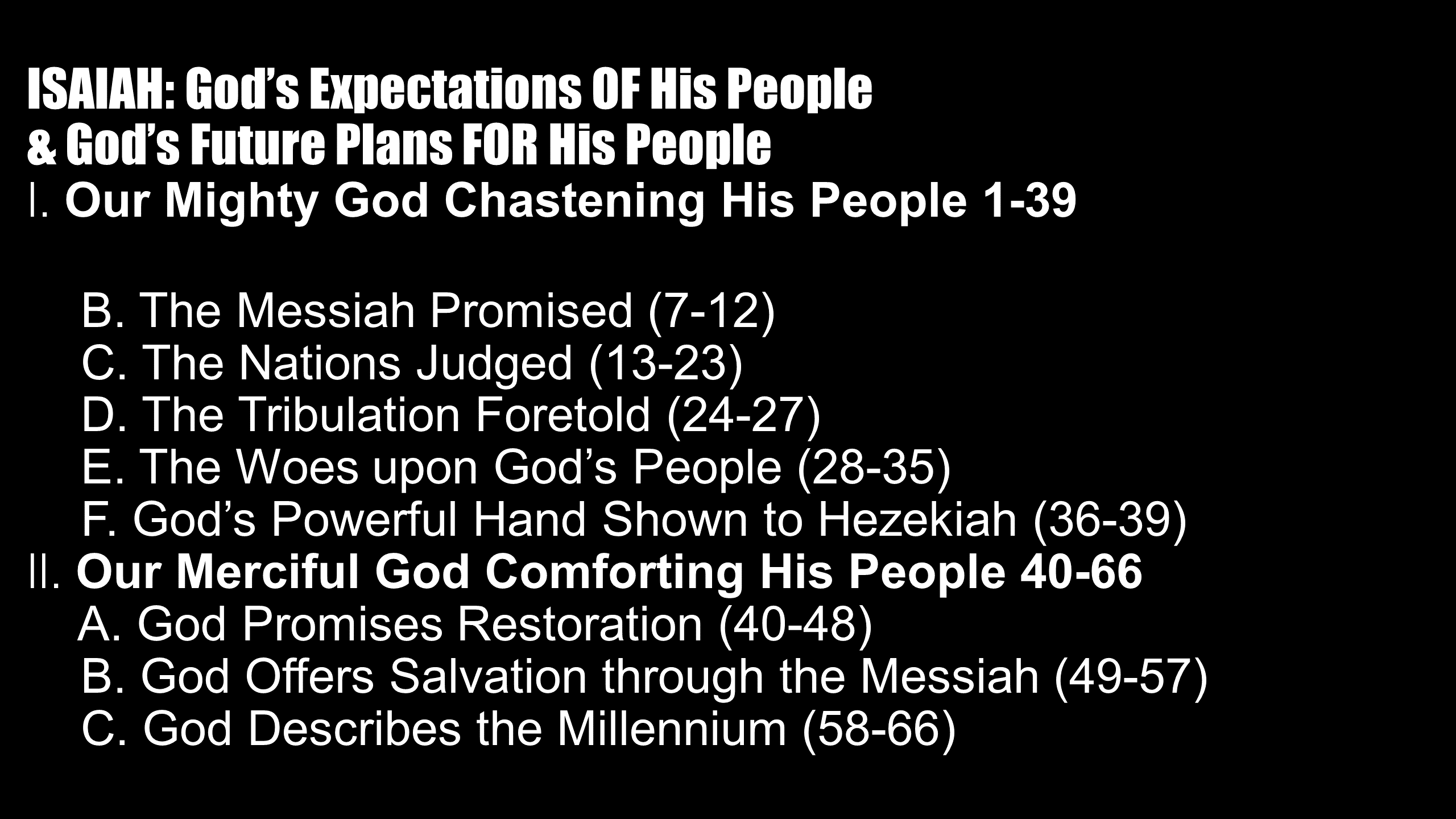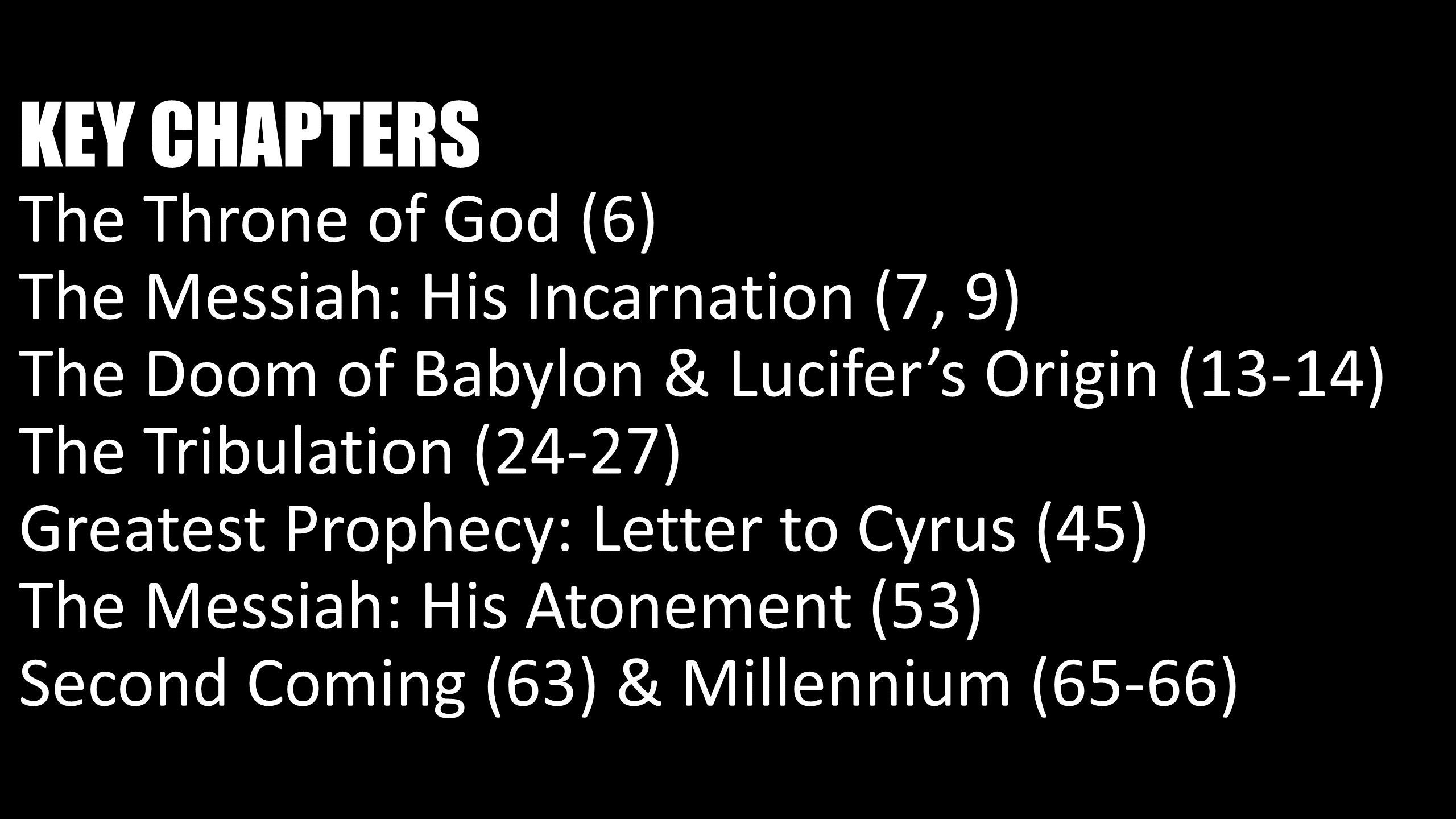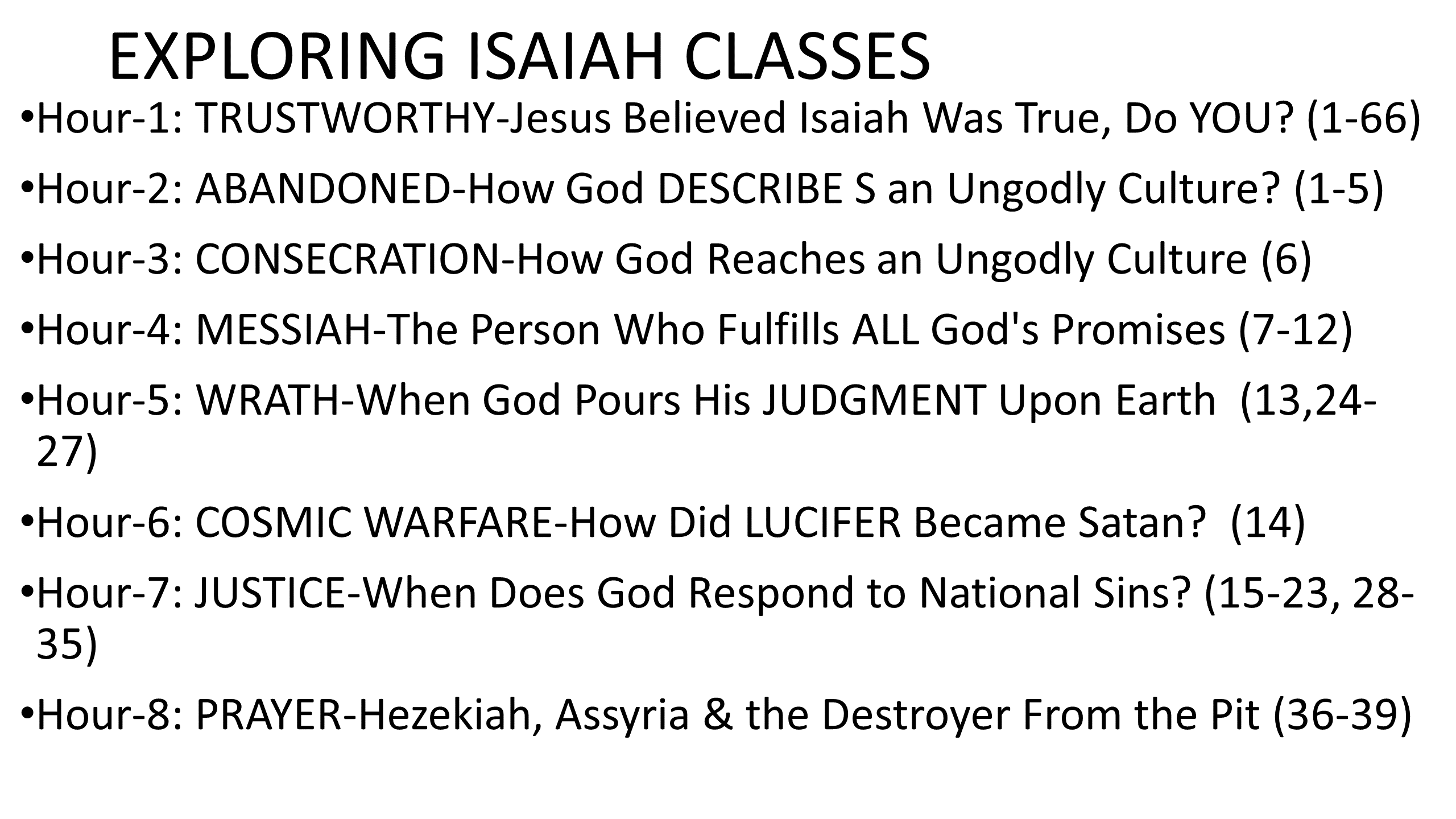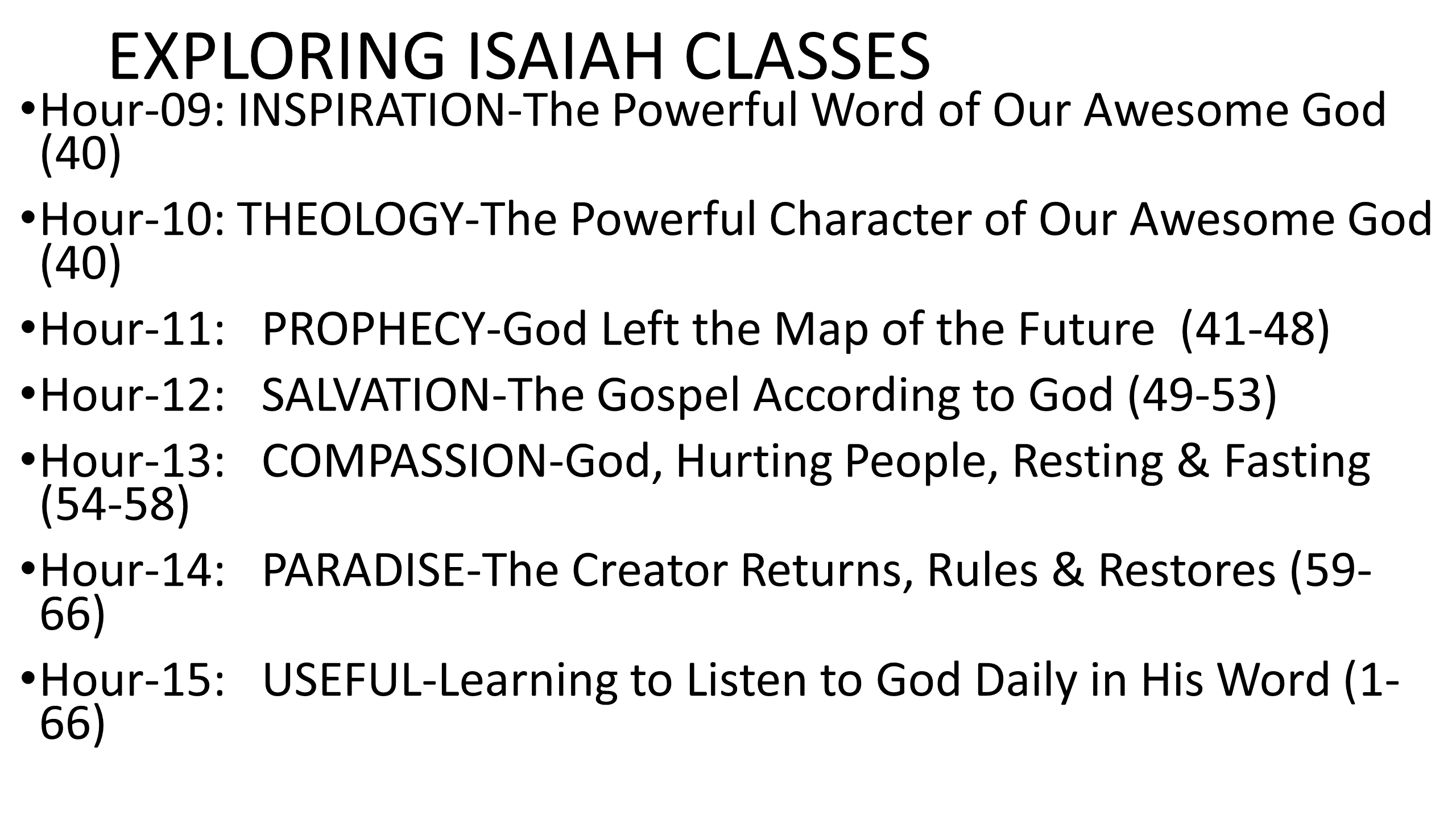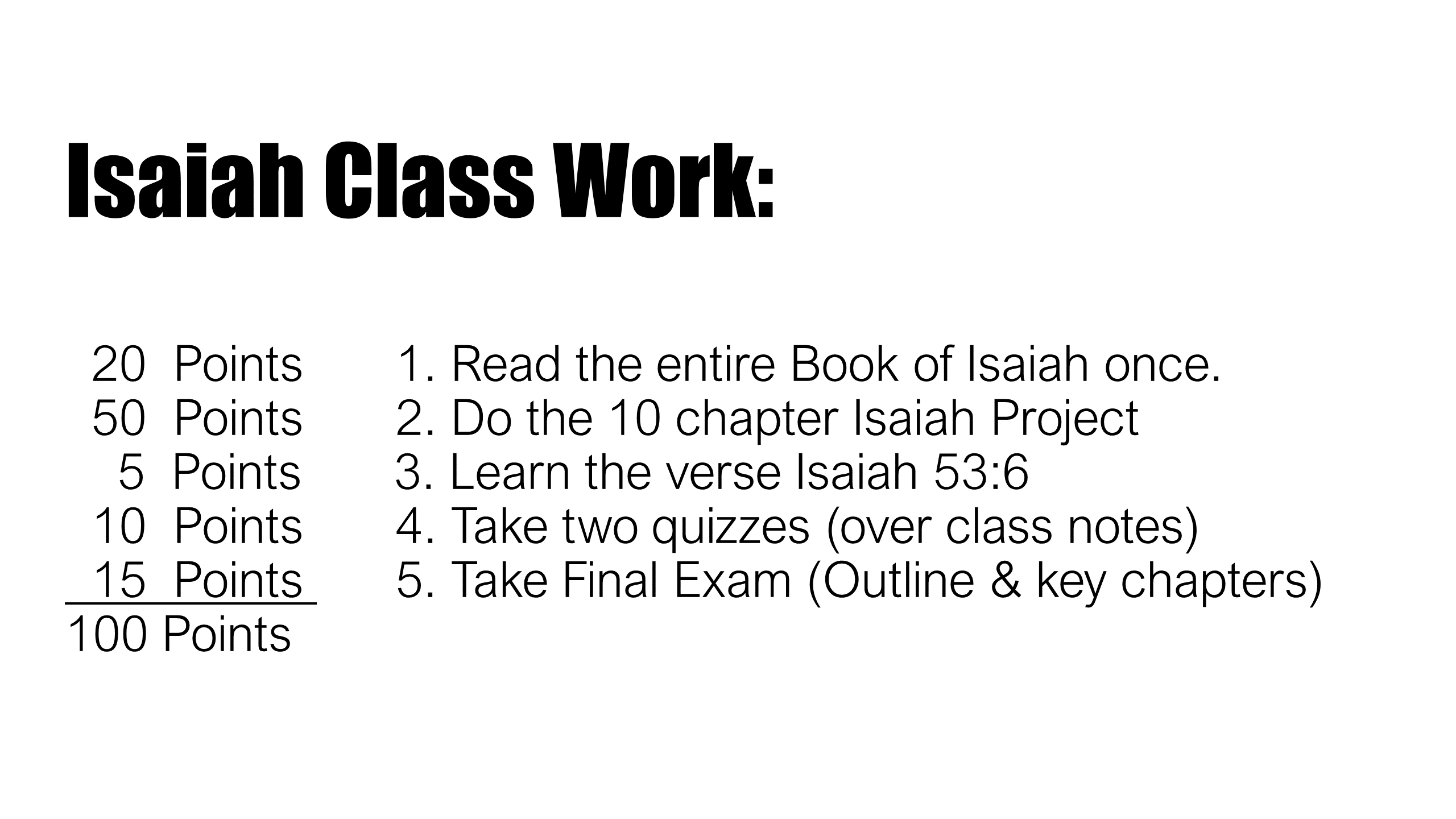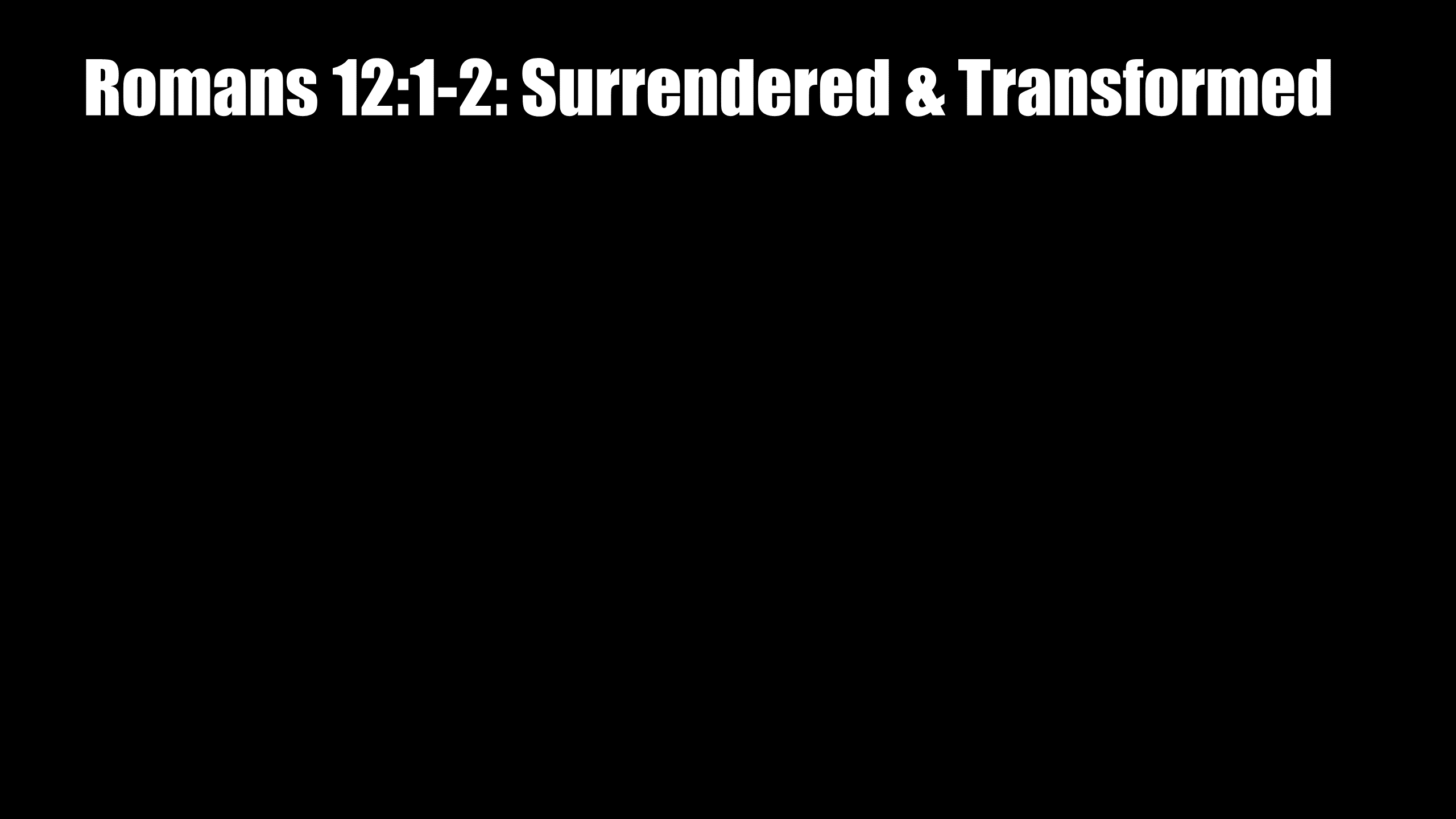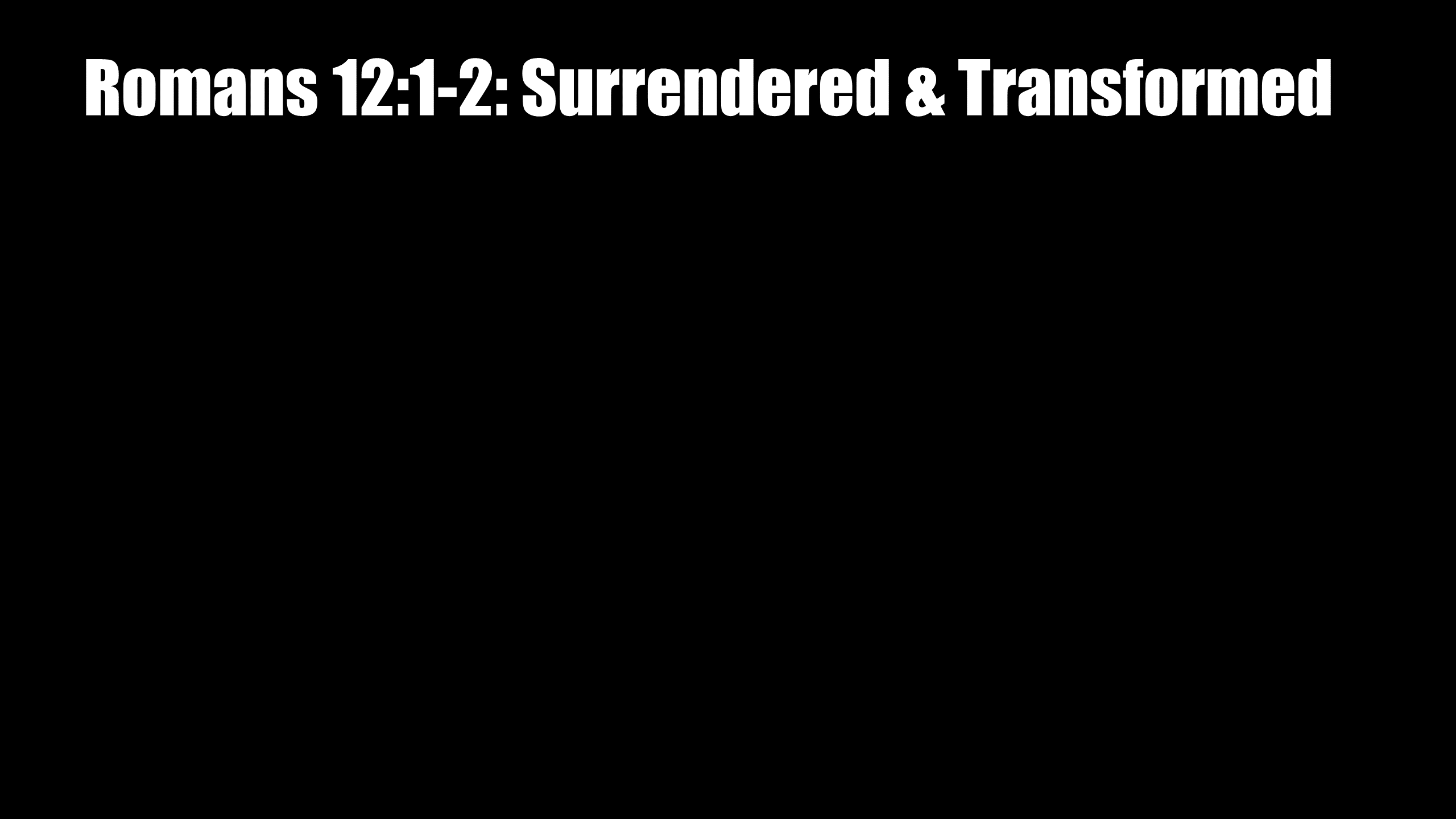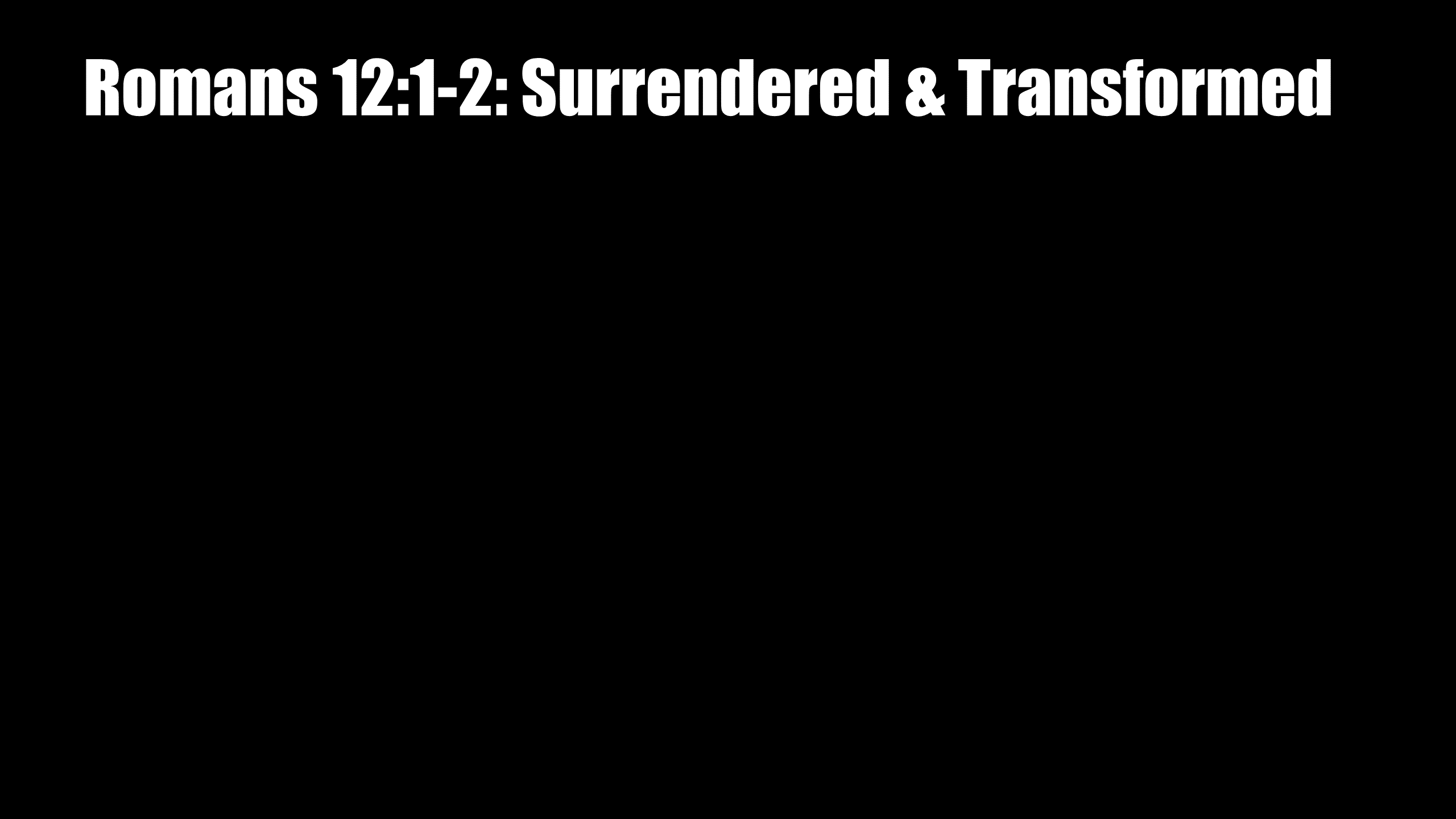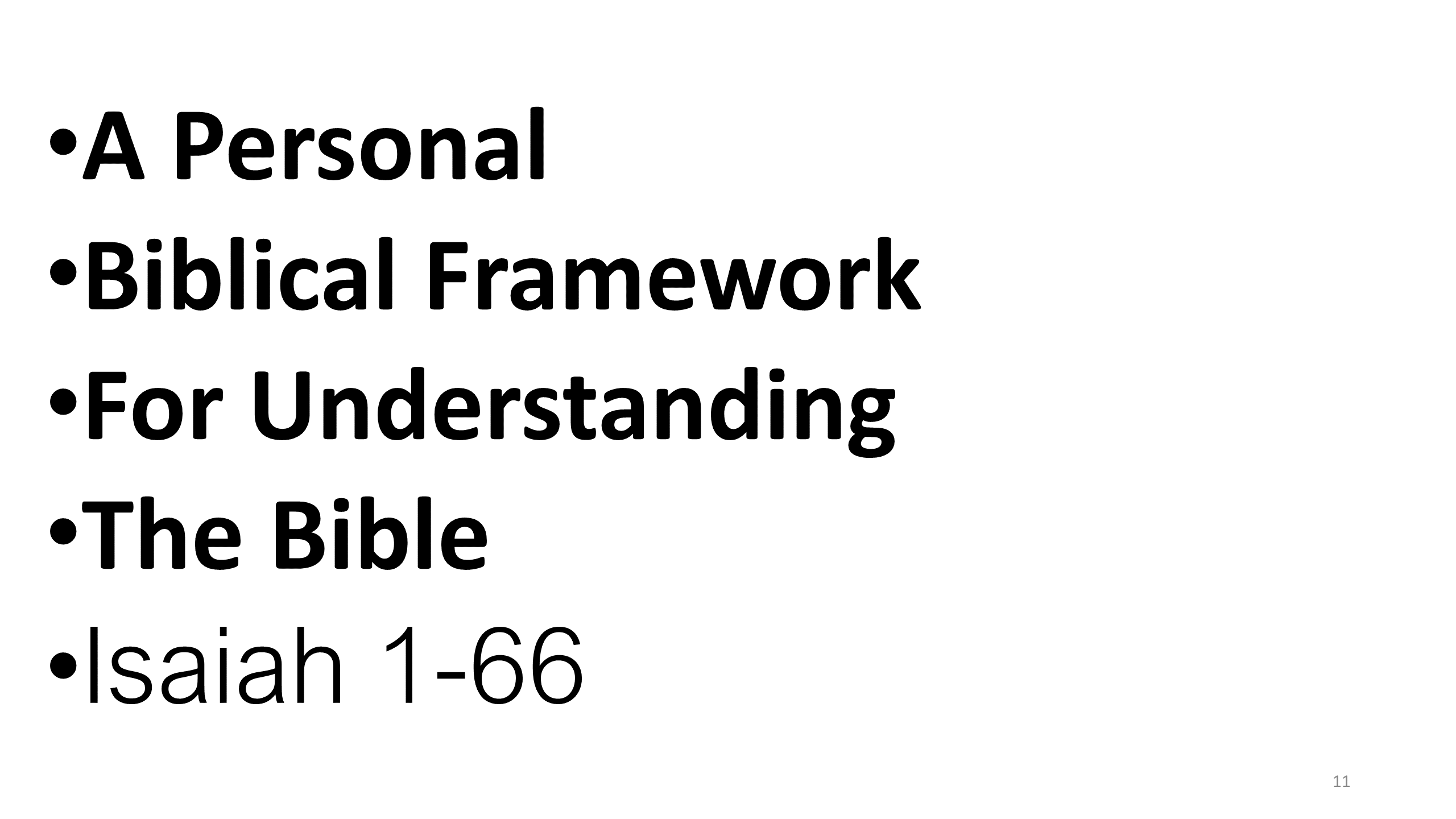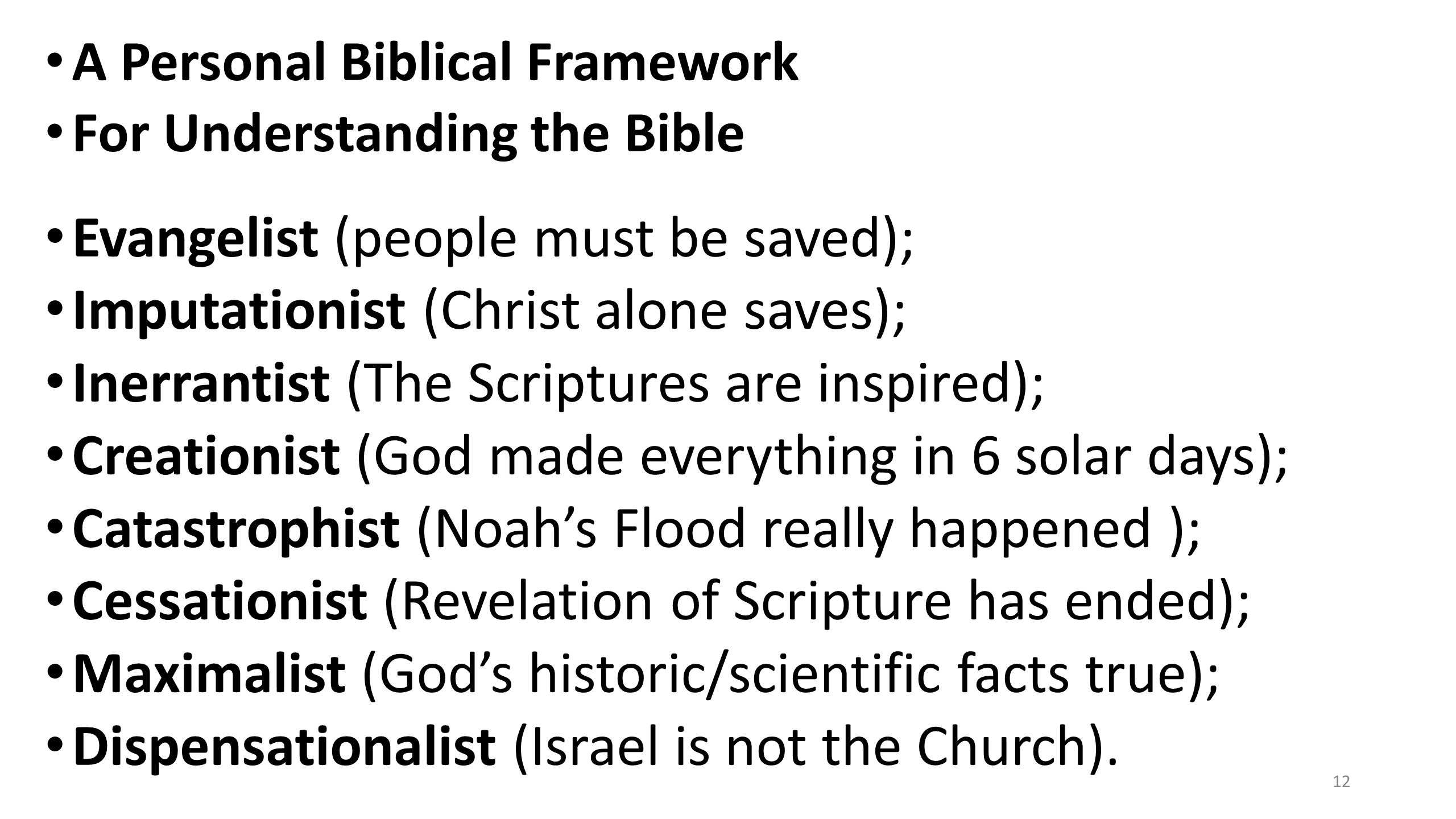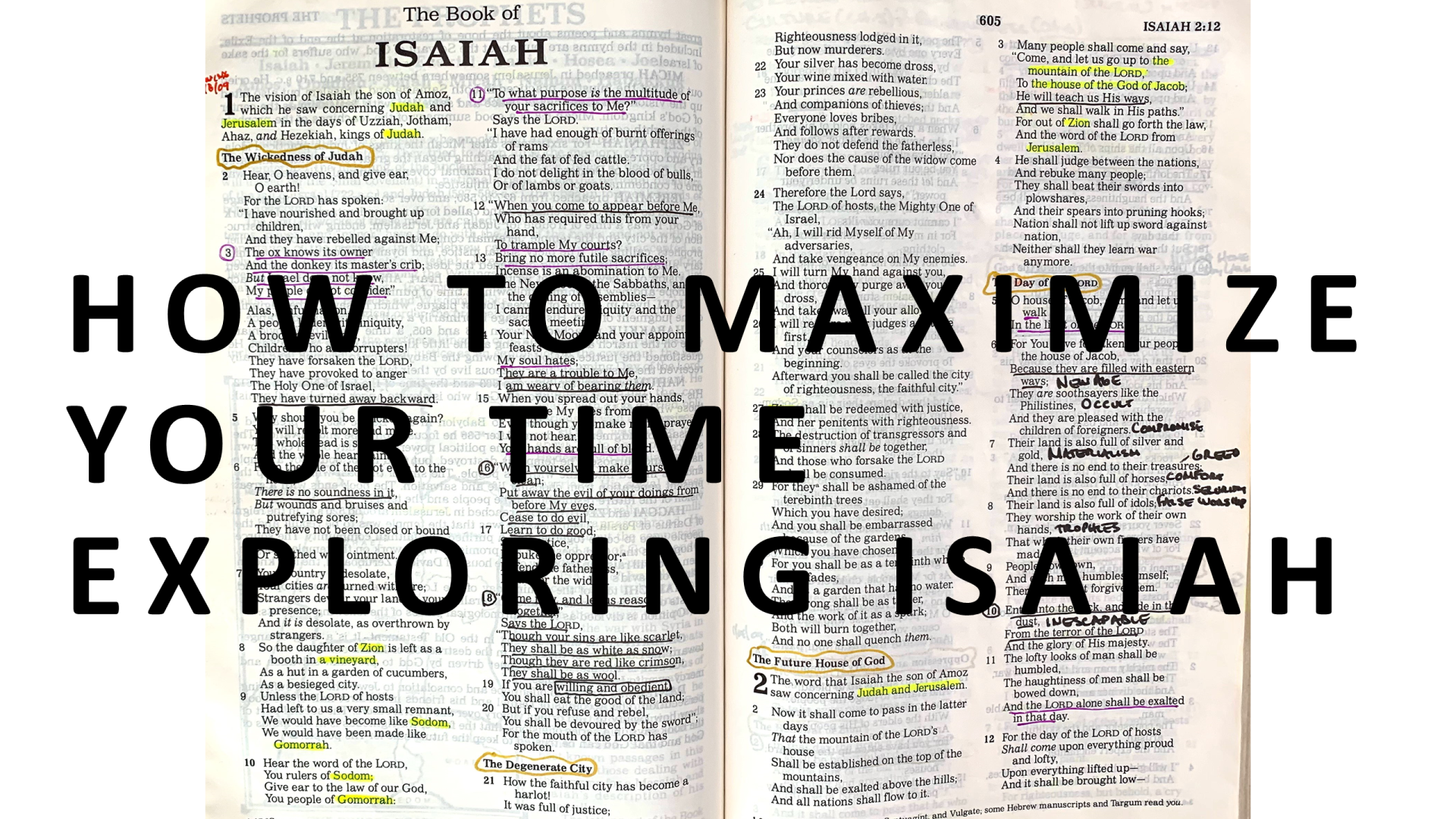EBIs-00
201023AM
Welcome to Exploring the Book of Isaiah. This is the pre-course study guide explaining how to make these classes Life-Impacting, and Life-Changing by getting the Word of God to be APPLIED on a regular basis. Praying as you launch into this AMAZING Book!
Slides
Transcript
Welcome to the preview, to the Isaiah course. You see on the slide in front of you, the purpose of lessons zero, which begins this course, is how to maximize your time exploring Isaiah. Hello, my name is John Barnett and I’m your virtual teacher. Those of you that are sitting in the classroom in East Asia, welcome to the class. I’m going to be going through our assignment sheet. I’m going to be going through our class projects, the quizzes and everything. For you, you’re taking this course for credit, but there are others that are going to be joining you in the days and weeks and months ahead that are taking this course too. So, I’m going to talk to both of you, but primarily to those of you that are in class.
This is class zero, how to maximize your time exploring Isaiah. Here’s the theme verse for this look into how to study. It’s chapter 17 of the gospel by John. And it says, “sanctify them by your truth. Your word is truth.” How do you get sanctified by the word of truth? That’s what we’re going to see in this quick overview.
Look back at your slides, you can see my Bible is in the background. One of the things you can do is, start learning to mark stuff. See, there’s highlighting, I even write down lessons that I find in the scriptures. That’s just a little reminder to you what we should do.
The next slide is the overview of the book, the outline, and this is going to be on your quizzes and test. For those of you that are just auditing, this is a great tool. You might want to screenshot this if you want to keep it. It’s Isaiah, has 66 chapters, the first 39 here are basically about God’s chastening and judgment, talking about the events. You can see each of them with the chapters that cover them. Then there’s a marked change in Isaiah, starting in chapter 40. It’s God’s promise of restoration and it’s a very exciting turn of the whole tone of the book, the offer of salvation with the Messiah. Then, all the way through the ultimate restoration coming in the millennium.
The next slide reminds you of the key chapters. These will be on your quizzes, those of you taking this for credit. So, you might have a matching. You would have these numbers in the left column, 6, 7-9, 13, 14, and then in the right you’d have, the Messiah. For the Messiah you see it’s twice. So, you’d have to read more than the Messiah and see if it talks about His incarnation, that’s in 7-9. Or about His atoning death, that’s in 53, but it’ll be the key chapters. We’re going to cover all of them but in your quiz, you’re going to need to know those chapters.
The next slide. Is just an overview. There are 15 classes, they’re very exciting. In the first lesson I describe each one, but here are just the titles of them for you to see where we’re going.
I would strongly encourage you to start, it builds starting class one and go all the way through, this is your classwork. This is what your grade is going to be based on.
- First of all, read the entire book of Isaiah once. What I’d encourage you to do is to read it with a highlighter marker in hand and your notebook.
- This is the heart of the course you can’t pass without doing the Isaiah project.
- There’s one verse to learn Isaiah 53:6. “All we like sheep have gone astray; we have turned, every one, to his own way; and the Lord has laid on Him the iniquity of us all.”
- There’ll be two quizzes that will cover a class notes. I will strongly emphasize those as you go through the classes. I’ll say, this is going to be on the quiz.
- Then the final exam is on the same material that you’re quizzed on, which is the book outline, key chapters, and some points that I emphasize during the class lectures.
Now, the devotional method project. I’ll read this and I’ll show you on the marker board. Our course project is picking 10 chapters from Isaiah, remember there are 66. You could either pick the key chapters or any chapters you want, but you have to pick 10 of them. You use a method called the devotional method of Bible study. There are 12 different Bible study methods that have been historically chronicled, most recently by Rick Warren. There is the devotional method, thematic method, the topical method, the word study method, book study method, biographical, exegetical, on and on. We’re only talking about the very simplest and most powerful.
The Bible study has three parts. You do a title for every chapter. You summarize lessons, truths, or doctrines you find. It’s the ones you find, that means that whatever you find is good and right, because you’re just taking it right out of the Bible. Now, here’s the most important part. You write out a prayer.
Now, look up from your slides and what I’d like to show you is the most profitable part of this course, the devotional project. First you write a title for each of the chapters. Now, those of you that are enrolled in the Bible Institute, this is already part of your curriculum, you’re writing a title for the chapter of all 1,189 chapters of the Bible. So, just use your titles and the same methodology you do to read a chapter and then write your own title. So, that’s the first thing you do, write a title out.
Now, this is on a project you have to turn in, so actually when I do this, I, you can see here’s mine right here. This is the one I’ve been working on right now. I have my chapter and the title. Here’s the summary of everything I’ve found with the lessons and then here’s my prayer. I just keep it in here, in my little journal with my Bible. These two are always in this little zipper pack that I carry with me as we travel. In fact, these two have traveled this year, a book and this Bible traveled 125,000 miles last year. And so did Bonnie who’s doing the recording of this class and so did I. This goes with me everywhere. I write down the title, then a summary of the lessons, truths, principles that I find. But this is the hardest part, when most of us read the Bible we say, oh that’s a great verse for my wife, that would be a great verse for my kids if you’re married. That would be a great verse for my roommate, they really need that or my, whoever. The reason we read the Bible is not for me to find a good verse for someone else, it’s what we read at the beginning, we maximize our time exploring the word by being sanctified.
What is sanctification? Sanctification is usefulness to God. Sanctification is how useful I am to God. The only way I can be useful to God is to be sanctified by His truth. How do I do that? I read, I find truth, and then I do the hard part, you write out a prayer that’s from you to the Lord and you ask Him either to change you or to work on something; like your fears or anxieties or struggles with this or that, and to impact your life because you’re asking Him to personally apply the truth you found in this passage.
Now, look up from your slides. This is hard and it’s very challenging. Basically, when I led Bible studies as a pastor, sometimes I would have 10 different Bible studies, small group, Bible studies going on; every one of them I said, if you’re going to come to a small group with me there are two requirements. Number one, it’s a year long. You don’t just come and leave. You’re committed for a year, every week for a year, unless you’re in the hospital or on vacation with your family. It was during the workweek and most of them were very methodical workers. So, they came every week for a year. I said, that’s number one.
Number two is, you’ve got to record what we’re studying. All week long, the chapter we’re going to study, you have to title it, you have to personally summarize the lessons and truths and principles. All of them were just saying, oh they were eating it up. And then I said, when you get done with your study you have to write out a prayer and you have to read it in front of us asking God to change you in some way. Grown men became like I don’t know what, weak kneed, their faces turned white or red. They said out loud? Pray? Me? About asking God to change me, work in me, impact my life, like that slide says? I said uh huh.
Back to the slides. I’m going to give you what I worked on today. So, let’s take our Bibles, look up from your slide. I was working on Romans 12:1-2 and if we were sitting at Panera, it’s more Starbucks or some cafe in Budapest or Paris, wherever I’m teaching; this is what I would do if we were actually sitting down with our Bibles and our notebooks and we were having a small group Bible study, I would do this out loud and so you’re sitting in on it.
First, we read the scripture. By the way, before we read the scripture what do you always do? What does the Bible say? Psalm 119:18, “Open my eyes, that I can be hold wonders from your truth.” So, I would pray.
Let’s pray.
Father, I thank you for Romans. I thank you for this amazing book. I pray that you would open our eyes and our hearts and our mind to this truth, that I might share it. In Jesus name, Amen.
So, you always pray before you study the Bible, truly asking God to help you. Now let’s read. You follow along. Paul says, “I beseech you therefore,” stop and look up from your Bible. Whenever the word therefore is in the Bible, you always ask a question. What is the therefore? Why is it there? Most often, therefore is like the symbol for, therefore the three little dots. That means you look back at something before that is weighing on this point. So, what is the therefore, there for? It’s based on the other 11 chapters of Romans. This is saying, on the basis of 11 chapters of doctrine about the character of God, theology, and all these truths, I want you to respond.
Hey, that’s back to our devotional project. We find all this truth, but then we have to respond. The application is me responding. That’s how I’m sanctified, become useful. I don’t just, I’m not merely a hearer of the word of God, but what James said, a do-er. This prayer is how I become a do-er of the word. So, here we go, “I beseech you therefore, brethren, by the mercies of God, that you present your bodies a living sacrifice, holy, acceptable to God, which is your reasonable service. And do not be conformed to the world,” this world, “but be transformed by the renewing of your mind, that you may prove what is that good and acceptable and perfect will of God.”
Now look at your slide. These are the summary of the points I found. Number one, I can decide to let go, verse 1, I can present. By the way, I used all the tools and wrote it’s in the aorist tense. It means, a final action, we go back to and remember. So, I can decide to let go of the control of my life. So, I wrote in my journal, I can decide to let go. I noted where I found it and I even write down anything that comes to my heart as I’m doing this.
Then, look at the second point of what I found. I must die daily. See what it says, a living sacrifice. Again, I looked at resources online and so can you, it’s a present active verb. This means I renew this once and for all decision, all day long. See, it’s present and active, I go through life tied to the alter daily.
Here’s the third thing I wrote in my little summary. My life matters to God. He wants me holy and acceptable. That explains what flavor God wants in my life. When He sees and smells the fragrance of my life, He wants it to be holy and acceptable. The goal I wrote, holy in the goal of life, driven by loving Him so much, to please Him is acceptable. Holy means set apart, it’s connected to this word, sanctified and acceptable is pleasing to Him.
Now, the next slide, it was a very exciting day, sometimes these take quite a while. The fourth point I found is, my first choice, verse 2, do not be conformed. By the way, this is the first imperative, that’s a command in the Bible, in this section of Romans that applies truth to the lives of believers. This word means, God doesn’t want our lives shaped by His enemy the world. He wants me not shaped by the world.
Here’s my fifth observation, it’s my lifelong great task. I want to be transformed. This great word is the word morphed. In Greek that’s one of those words that sounds the same. In Greek and English, God explains that all transformation starts with a renewed mind, anakainōsis. The tense, again, I looked in resources online, is present constant, ongoing, and passive. God does it to us. I even wrote some of the stuff about the Greek words and this is my conclusion. God resets our minds back to His way by applying His word to my life by His Spirit. I’m not done.
Look at the next slide, I have one more truth I found. God wants to confirm His power in me. Verse 2, that you may prove, it’s the Greek word, dokimazō. You can find that in online study tools, it means to prove, it’s proved after testing. We will find the proof of God at work in us as we test the reset button for our mind. Allow Him to renew us. When He does, He proves Himself.
Now, here’s the important part and look up from your slide for a second, but believers apply it, like sanctification. So, this is the most important part. You look back over the points and I’ll read them to you.
- I can decide to let go.
- I must die daily.
- My life matters to God.
- My first choice is to not be conformed.
- My lifelong great task is to be transformed.
- My first desire is that God would confirm or prove His power in me.
So, how do you apply that? Look back at the slide and I’ll actually pray it. Lord, you asked me to surrender so I let go again of the steering wheel of my life. You can drive today and take me through life, help me die to my plans, my desires, and my lusts, because you have set me free. I know you’re watching so conform me to the image of Jesus a little bit more today, I ask. Prove your power in me today. I trust you. I surrender to you. I want to follow you all through this day and I would add all through my life. Remind me when I get distracted. In Jesus’ name, Amen.
Now, that’s a simple prayer. I wrote that this morning, every word of it, and I meant it. I prayed to the Lord. You want to know how to maximize your time in this study Exploring Isaiah? Don’t just academically go through Isaiah. It’s a fascinating book. We’re going to learn history. We’re going to learn culture. We’re going to learn archeology. We’re going to learn an awful lot of theology. We’re going to see one of the most majestic writers of the ancient world. Isaiah was on the level of the greatest writers of all time. The reason Isaiah was written, as well as every other part of the Bible, is Jesus said, I want to sanctify you by the truth of the word of God.
If you’re taking this course for credit, read Isaiah, do the devotional studies, learn the memory verse, take the quizzes and tests and all that. All the rest of you, read Isaiah. As you’re reading, if you want the ultimate challenge, do it for every chapter of the book or find 10, write a title for the chapter. Isaiah 53, suffering servant. Isaiah 48 the Trinity, whatever you want to say. Prophecy in 44. Find the lessons, apply it to your life. For those of you that are students, I would like these to come typed out. One per page, that’s the title, the summary of everything you found and your prayer, make sure you put your name on it and the date and of course your instructors there in the classroom in East Asia will tell you how to turn those in.
That’s how we maximize. That’s how God changes us. I hope you’ll join us for all 15 lessons and just learn the wonders of these vital truths, that God has laid out for us in Isaiah. God bless you as you study.
Check Out All The Sermons In The Series
You can find all the sermons and short clips from this series, Exploring The Book Of Isaiah here.
Looking To Study The Bible Like Dr. Barnett?
Dr. Barnett has curated an Amazon page with a large collection of resources he uses in his study of God’s Word. You can check it out here.

